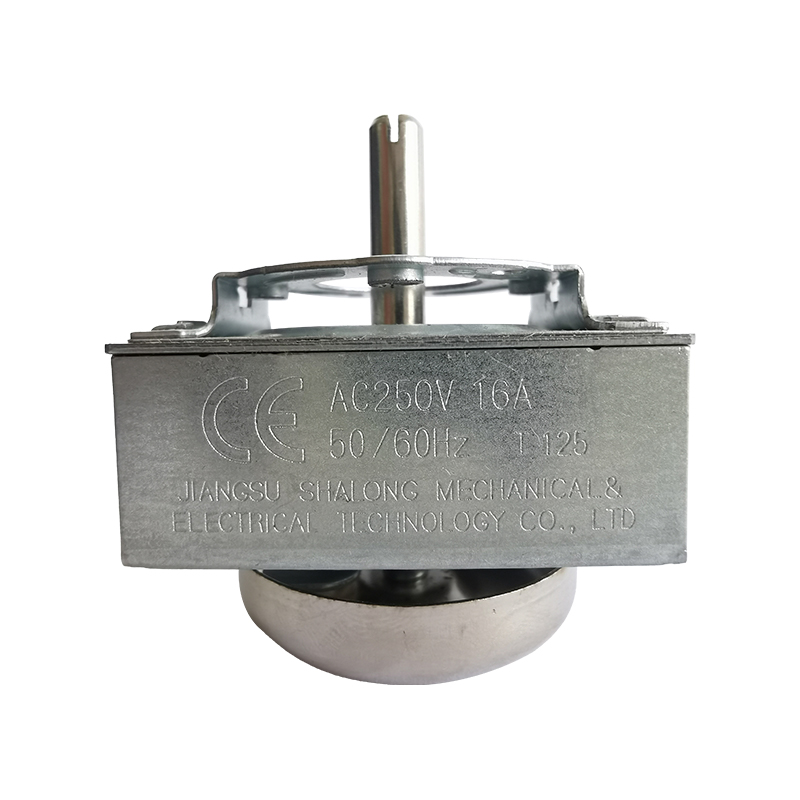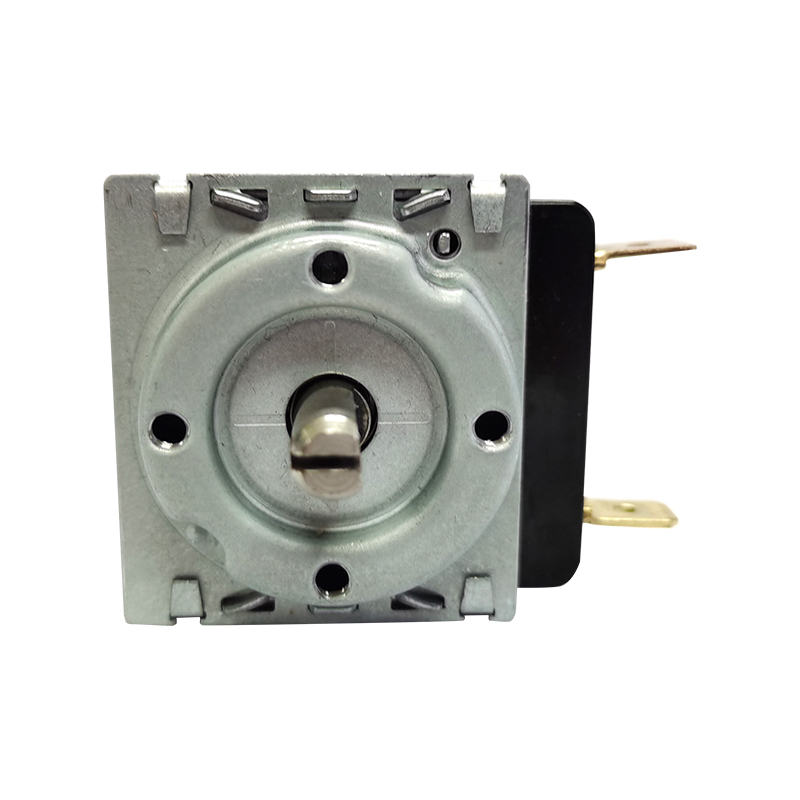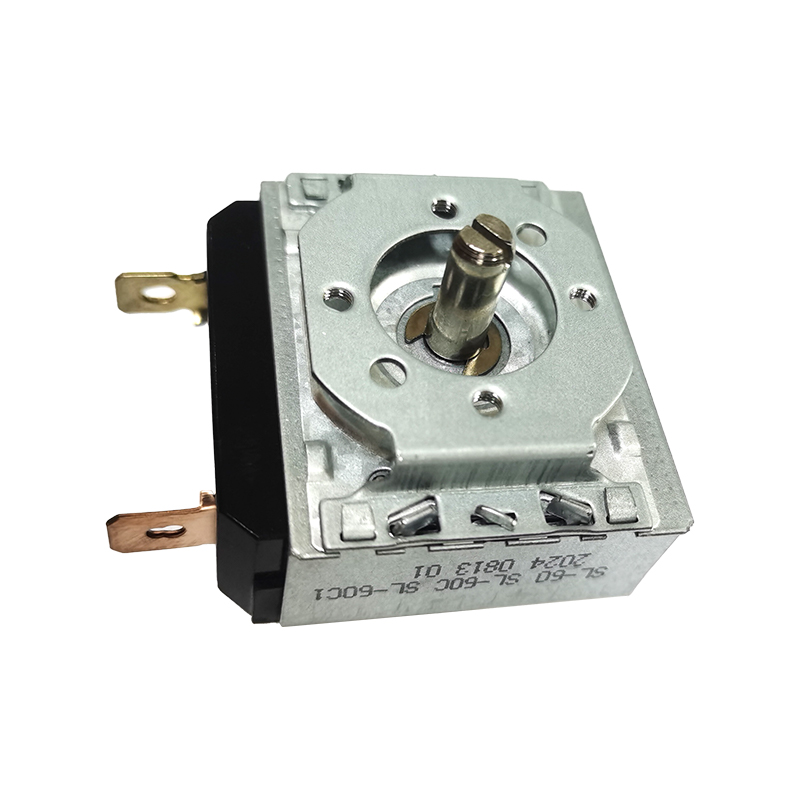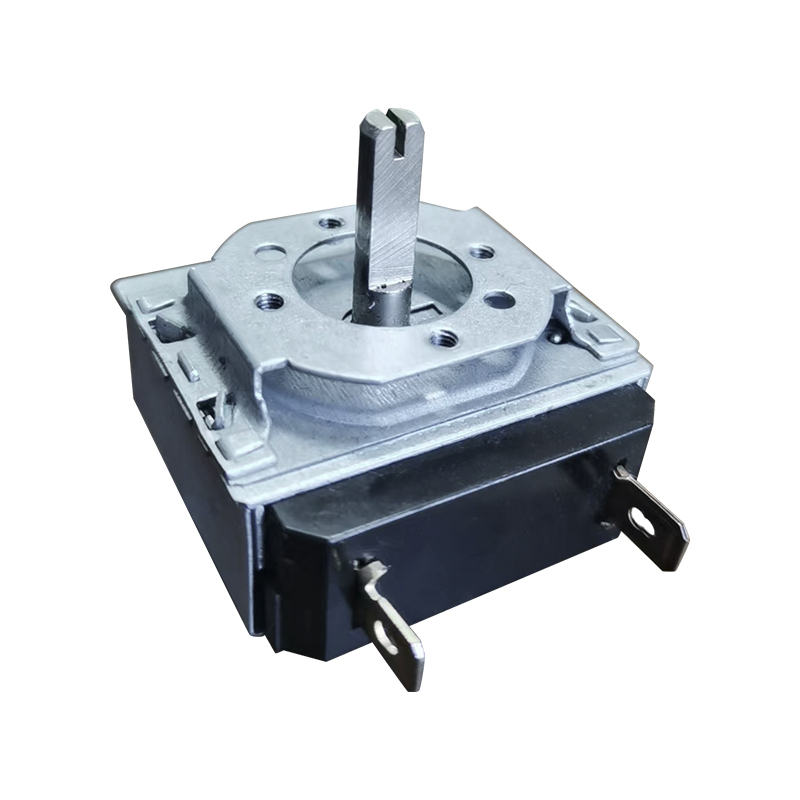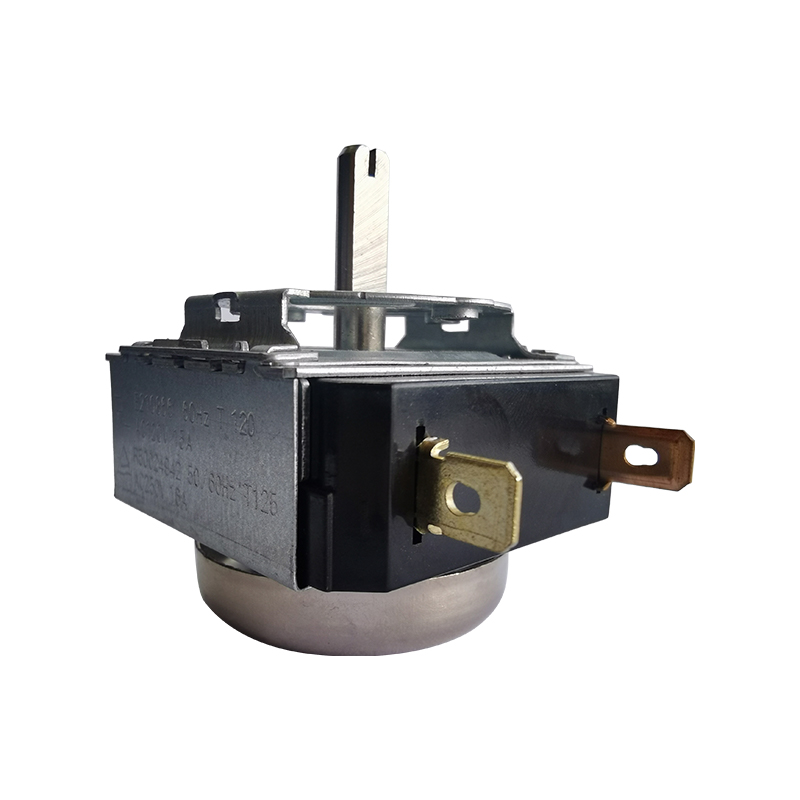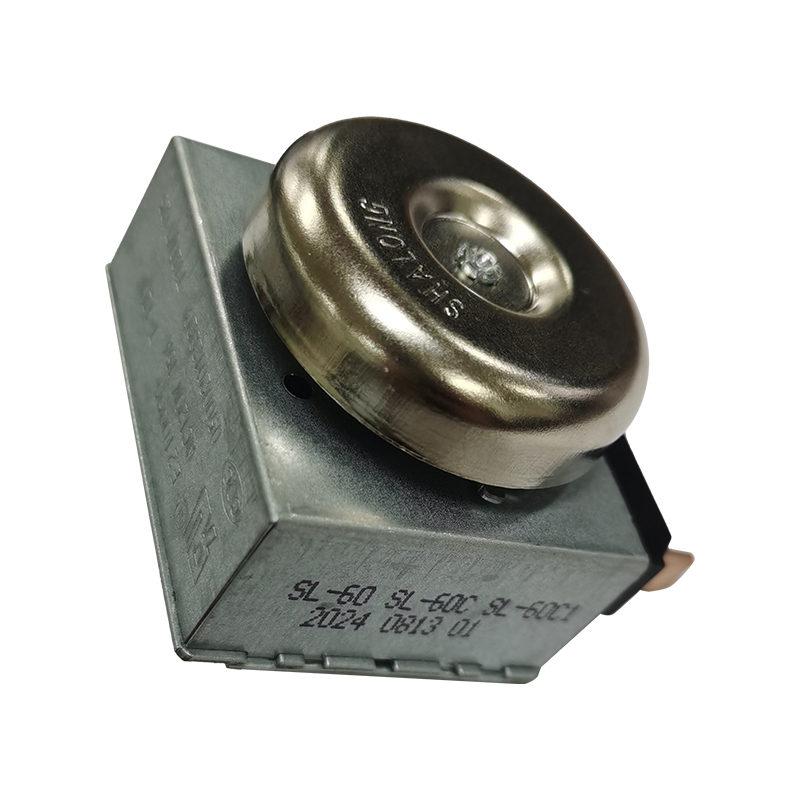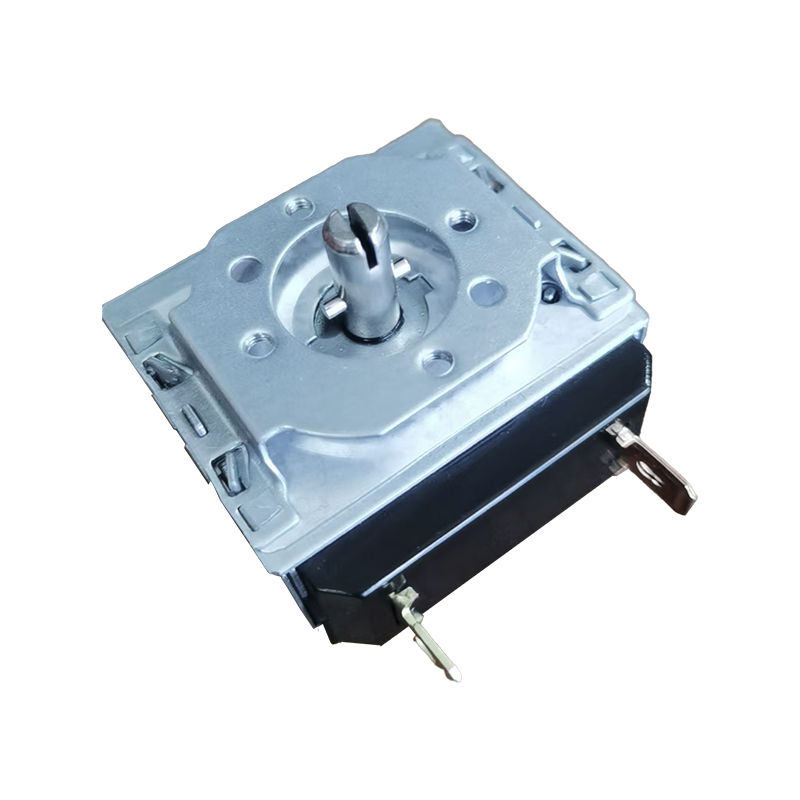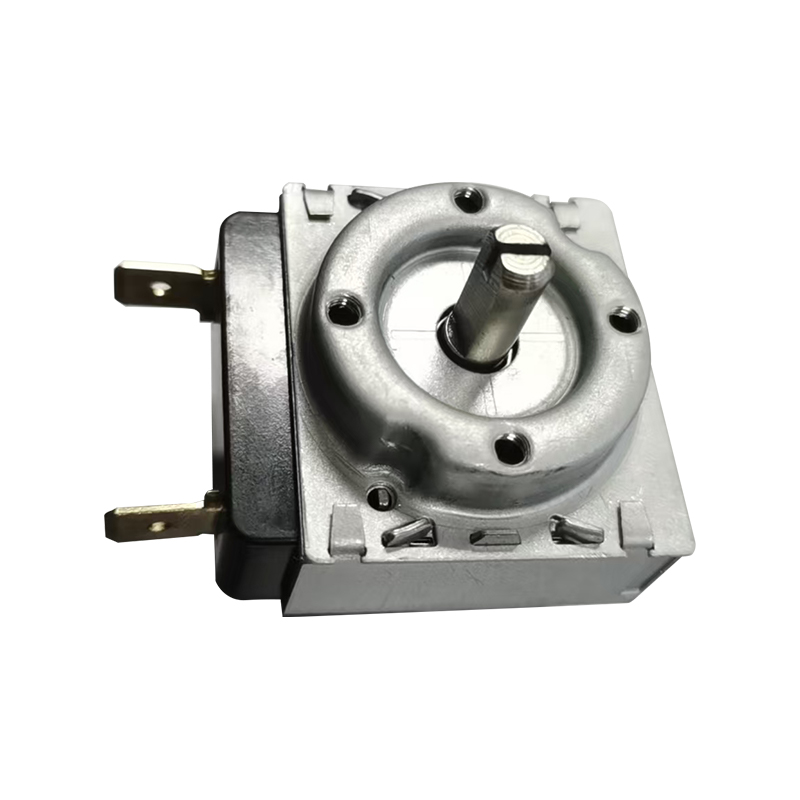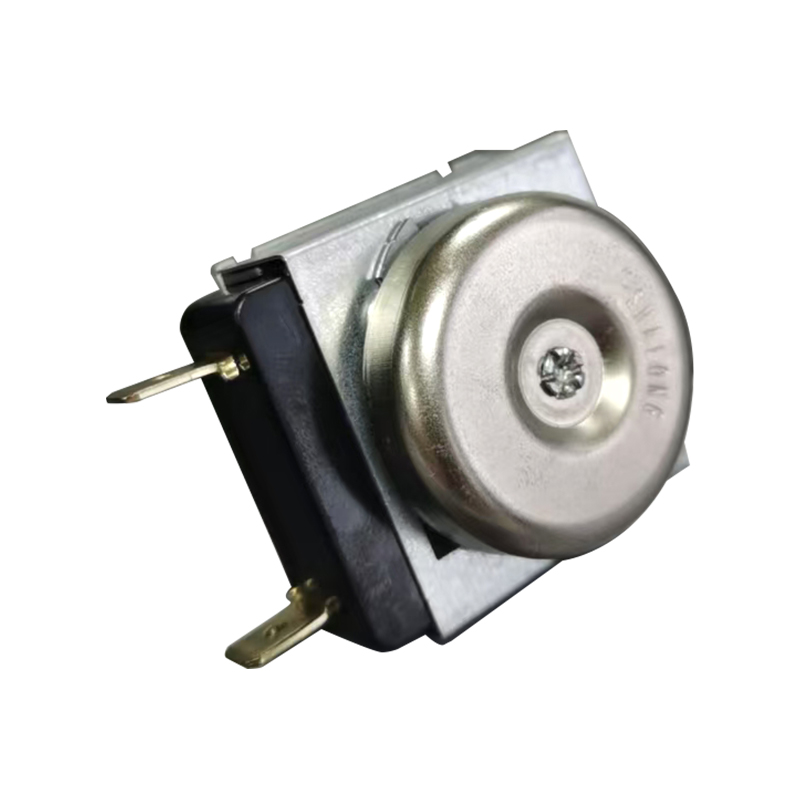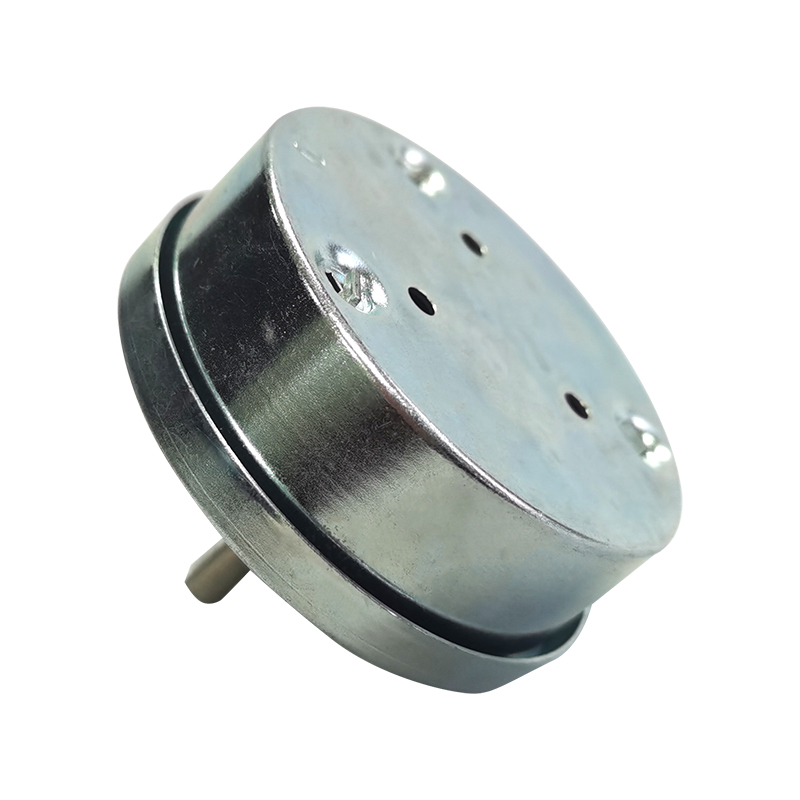There are many factors to consider when choosing the right metal mechanical timer, including functional requirements, accuracy requirements, usage environment, ease of operation, and durability. Here is a detailed selection guide:
Functional requirements: First determine the specific task you need the timer to complete. For example, if you need a simple countdown function, a mechanical timer may be sufficient; but if you need more complex settings (such as loop timing, multi-level delay, etc.), you should choose an electronic timer or smart timer.
Accuracy requirements: If your application has high requirements for time accuracy, it is recommended to choose an electronic timer or smart timer, which usually has higher timing accuracy.
Usage environment: Consider the environment in which the timer is used. If it is used in a humid or high temperature environment, a waterproof and moisture-proof timer should be selected. In addition, make sure that the operating temperature range of the timer meets your usage requirements, such as -10°C to +125°C.
Operational convenience: Choose a timer that is easy to operate and has a user-friendly interface. Especially for the elderly or children, a simple and easy-to-understand operation interface will be more convenient. For example, mechanical timers usually set the time through a knob or dial, while electronic timers can be operated through buttons or touch screens.
Durability and maintenance: Mechanical timers are not very accurate, but they are reliable and affordable. However, they are not very accurate, have limited applicability, and have high maintenance costs. Therefore, you should weigh their pros and cons when choosing and make a decision based on your specific needs.
Brand and quality: Choosing a timer from a well-known brand can ensure the quality and after-sales service of the product. Timers from big brands are usually more reliable and have better after-sales service.
Compatibility and scalability: Consider the compatibility and scalability of the timer. Choosing products that work well with existing equipment and have certain expansion capabilities can leave room for future upgrades and modifications.
Cost and budget: Choose the right timer according to your budget. Mechanical timers are usually cheaper and suitable for applications with limited budgets; while electronic timers and smart timers are more expensive, but provide higher accuracy and more functions.



 English
English 中文简体
中文简体